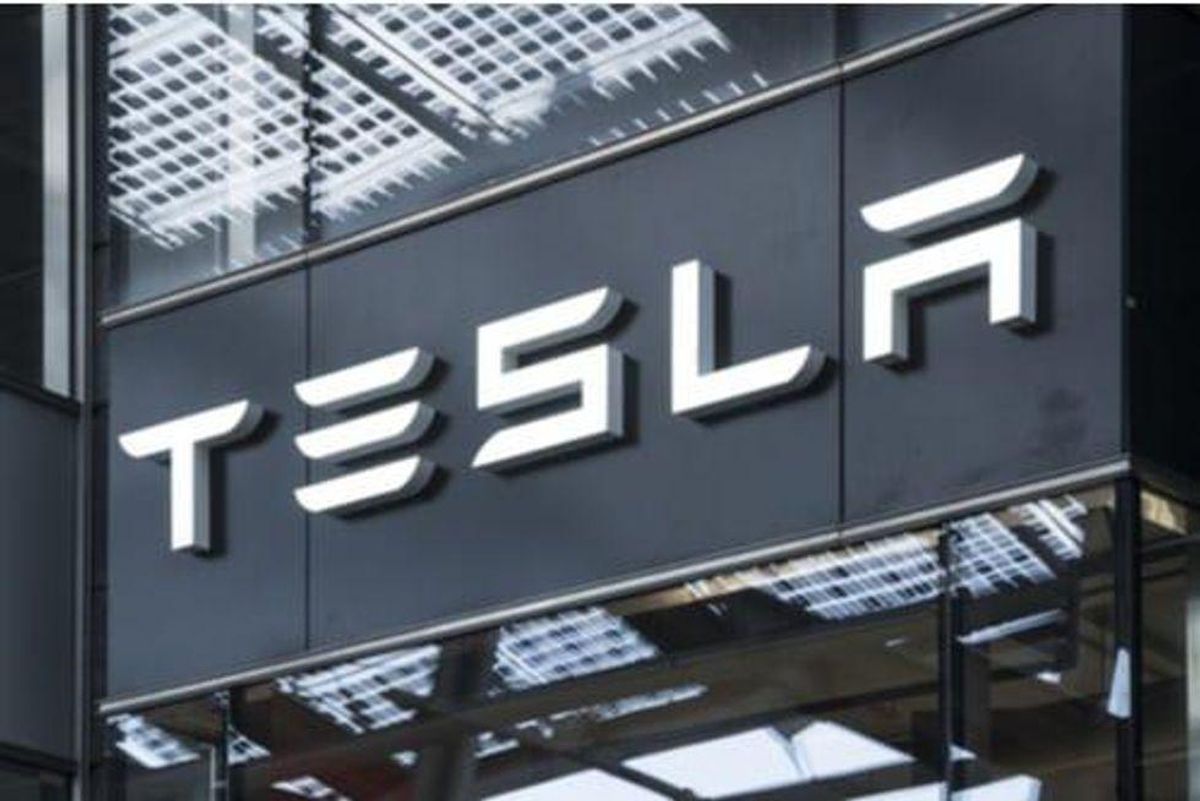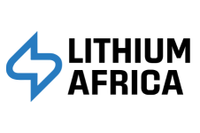Tesla May Get into Lithium Mining, Will Others Follow?
Citing "insane" prices, CEO Elon Musk said Tesla may need to get into lithium mining and refining.

With prices for lithium continuing to climb, Tesla (NASDAQ:TSLA) CEO Elon Musk said the carmaker may need to get into mining and refining directly at scale if costs don’t improve.
In 2021 alone, lithium prices increased 480 percent, according to Benchmark Mineral Intelligence data, and the outlook for the metal points to further strength. Lithium is a key raw material in electric vehicle (EV) batteries.
“Price of lithium has gone to insane levels!” Musk tweeted. “There is no shortage of the element itself, as lithium is almost everywhere on Earth, but pace of extraction/refinement is slow.”
Price of lithium has gone to insane levels! Tesla might actually have to get into the mining & refining directly at scale, unless costs improve.
There is no shortage of the element itself, as lithium is almost everywhere on Earth, but pace of extraction/refinement is slow.
— Elon Musk (@elonmusk) April 8, 2022
In 2021, EV makers saw battery costs increase, in part due to price hikes not only in lithium, but also in cobalt and nickel, other two essential battery metals.
Raw materials currently make up about 80 percent of battery costs, up from around 40 percent back in 2015, according to information from Benchmark Mineral Intelligence.
Prices for lithium, cobalt and nickel are showing no signs of pausing, with demand expected to increase significantly in the coming years. More importantly, supply could grow scarce as demand climbs, which may slow down the targets governments worldwide are setting for green energy transitions.
“As we approach the end of the decade, the number of EVs that original equipment manufacturers (OEMs) want to produce become impossible to make considering the critical battery raw material volumes in the pipeline ... if all existing expansions and new mines make it, in most cases there still won't be enough,” Simon Moores of Benchmark Mineral Intelligence recently said.
This means the ultimate end users - the EV makers - have to get involved in mining if they want to make EVs at scale
How they get involved? With actual money to fund new projects: 25%, 50%, 100% of total investment.
Off-takes with no active mines are not enough.
— Simon Moores (@sdmoores) March 30, 2022
It will be key for carmakers to secure the raw materials needed to deliver the electric fleets they’ve committed to.
But OEMs are coming to the realization that they might need to build up EV supply chains from scratch after the capital markets' failure to step up, Moores and Morgan Bazilian of the Payne Institute said in a joint statement.
According to the experts, current raw materials pipelines won't take the majority of EV makers beyond 2030; they also said critical minerals mines and midstream processing plants are not seeing enough investment.
“A handful of EV makers are taking the supply chain strategy a few steps further but the examples are isolated,” they explained. “But to have the ultimate sway of industrial power you need to own the mines, in part or in full. This is the only way to guarantee the raw material to make your batteries and EVs.”
This is not the first time Tesla has talked about getting into lithium mining. Back in 2020, at the company's Battery Day event, Musk surprised the industry by saying Tesla had acquired rights to lithium-rich clay deposits in Nevada, saying it had found a way to mine the material in a sustainable and simple way.
Tesla has signed lithium supply deals with Chinese top producer Ganfeng Lithium (OTC Pink:GNENF,SZSE:002460), and has also recently inked deals for future supply with Australian juniors Liontown Resources (ASX:LTR) and Core Lithium (ASX:CXO,OTC Pink:CXOXF).
Don't forget to follow us @INN_Resource for real-time updates!
Securities Disclosure: I, Priscila Barrera, hold no direct investment interest in any company mentioned in this article.
- What to Watch for in Lithium Stocks in 2022 | INN ›
- Top 5 Canadian Lithium Stocks of 2022 | INN ›
- Top 3 US Lithium Stocks (Updated February 2022) | INN ›
- Top 8 Lithium Stocks of 2022 | INN ›
- Top 5 Canadian Lithium Stocks (Updated April 2022) ›
- Where Does Tesla Get its Lithium? ›
- 7 Biggest Lithium-mining Companies in 2022 ›
- Lithium Investing in Volatile and Uncertain Times ›
- What Do Lithium Experts Think About Goldman Sachs Oversupply Call? ›
- Is Tesla Making a Graphene Battery? | INN ›





